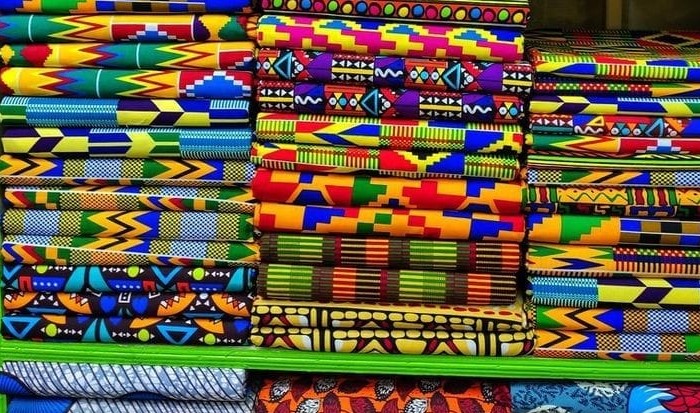
 Kenyan textile: The Kenya export products to COMESA countries
Kenyan textile: The Kenya export products to COMESA countries
The Common Market for Eastern and Southern Africa (COMESA) Secretariat has announced that eight of its member states, are set to encounter serious trade challenges due to new reciprocal tariffs instituted by the United States government.
In a press release today, the Secretariat indicated that the anticipated repercussions of the tariffs could lead to significant reductions in trade volumes for the concerned countries in the year 2025.
The affected countries include the Democratic Republic of Congo 11 per cent, Libya 31 per cent, Madagascar 47 per cent, Malawi 17 per cent, Mauritius 40 per cent, Tunisia 28 per cent, Zambia per cent and Zimbabwe (18 per cent).
In a policy brief titled “Implications of the U.S. Tariff on COMESA: A Game Theoretic Approach to Trade Negotiations,” compiled by the Division of Trade and Customs at the COMESA Secretariat, it is highlighted that while the U.S. is not a primary trading partner for the COMESA region, these increased tariffs are poised to create significant supply and demand shocks across Member States.
The resulting high production costs and consumer prices in the U.S., the statement says, will likely contract its economy and further depress demand for exports from COMESA countries.
Key exports from COMESA, such as Kenyan textile products and Zambian copper, will face inflated prices in the U.S. market, while the prices of essential capital goods from the U.S. will rise.
Kenya exports various textile products to the COMESA region, including cotton lint, apparel, and other finished textiles, such as woven fabrics.
Trade statistics reveal that COMESA's share of exports and imports to the U.S. ranged between three (3) percent to four (4) percent and four (4) percent to five (5) percent, respectively, during the years 2019 to 2023.
Dr. Christopher Onyango, the Director of Trade and Customs, said that the U.S.-Africa trade framework has historically been defined by the African Growth and Opportunity Act (AGOA) enacted in 2000.
This Act, he added, granted preferential access at zero tariffs for numerous products from qualifying African countries to the U.S. market, reflecting their relatively lower socio-economic development levels.
“The new tariffs posed by the U.S. represent a stark departure from AGOA’s intent, which was originally advocated by the U.S. government itself,” he noted.
The uncertainty around AGOA raises concerns that these tariff policies may result in substantial production cuts and massive job losses across African economies.
Currently, 35 African nations qualify for AGOA, including ten COMESA Member States: Comoros, Democratic Republic of Congo, Djibouti, Eswatini, Kenya, Madagascar, Malawi, Mauritius, Rwanda, and Zambia.
Moreover, there is heightened apprehension regarding potential retaliatory measures from major trade partners such as China and the European Union.
These entities, which represent COMESA’s largest export and import markets—accounting for 24 percent to 40 percent and 9 percent to 13 percent of trade, respectively, during the period from 2019 to 2023—could exacerbate the challenges facing COMESA countries.
Estimates suggest that the combination of U.S. tariffs and possible retaliatory tariffs could result in a global GDP decline of 0.43 percent, adversely affecting demand for COMESA exports, which heavily relies on extra-COMESA trade.
In response to this pressing economic threat, the policy brief advocates for the adoption of a variable cooperative game strategy, which includes facilitating open negotiations and binding agreements with the EU, China, Japan, India, the Middle East, and other like-minded nations to open trade doors.
The African Union Commission has been urged to engage with the U.S. government to discuss the ramifications of the ongoing tariff disputes and to reinforce the need for a rule-based international trading system.
Additionally, a call for the consolidation of continental and regional economic integration will further amplify COMESA's voice to boost intra-African trade and investment. Implementing regional value chains and reducing dependency on external markets will be vital.
Furthermore, increasing investment from African financial institutions, including the African Development Bank (ADB), ExIM Bank, and Trade Development Bank, among others, to enhance physical infrastructure such as roads, railways, and airports is essential to support connectivity and sustainable industrial development, the COMESA statement says.
The COMESA Secretariat says it will remain committed to protecting the interests of their member states and advancing initiatives that will strengthen economic resilience across the region.
















